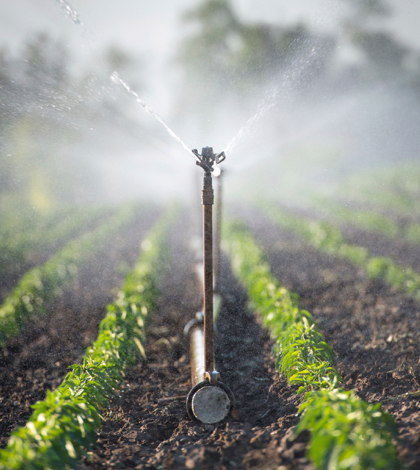Growers in Fresno, Madera, Merced, Stanislaus and Tulare counties who failed to obtain regulatory coverage or who failed to submit required farm evaluations that identify management practices that prevent pollution into surface and groundwater are now faced with penalties as approved this week by the Central Valley Regional Water Quality Control Board (CVRWQCB). State law requires commercially irrigated lands to acquire water quality permits to ensure pesticides and fertilizers used on cropland do not run off into streams or enter groundwater.
Penalties for the violations ranged from $8,135 to $34,490 as approved during the CVRWQCB Feb. 23 Board meeting. Five growers who failed to obtain permit coverage and three growers who failed to provide farm evaluations were assessed as follows:
- Baldev & Kamaljit Batth, Fresno County – $35,490
- Alex V. & Vera A. Kobets, Fresno County – $10,000
- Emma J. Bounds, as an Individual and as Trustee for the Bounds Family Trust, Madera County – $26,520
- Singh Farms, LLC, Madera County – $35,490
- William and Maria Egleston, Merced County – $23,716
- Victor Produce, Inc., Merced County – $35,490
- Brooks & Arlene Rushing, as individuals and in their representative capacity as trustees for the Brooks J. & Arlene J. Rushing Trust, Stanislaus County – $8,135
- Gilbert & Enedina Marroquin, Tulare County – $30,030
“Farmers who fail to obtain regulatory coverage or don’t submit required management practice reports undermine our Irrigated Lands Regulatory Program,” said Andrew Altevogt, assistant executive officer for the Central Valley Water Board. “With these penalties, the Board is sending a strong message that growers must obtain the appropriate permit coverage and coalition members must honor their reporting obligations. The number of penalties assessed demonstrates the Board’s commitment to obtaining compliance with Board orders.”
Water quality permitting allows growers to join coalitions (third-party entities) that conduct monitoring and provide reports to the Board on behalf of the growers. However, the permits require coalition members to annually submit a farm evaluation that identifies pollution management practices, surface water discharge points, wellhead protection and other information pertinent to water quality protection. Coalition groups work directly with their member growers to assist in complying with Central Valley Water Board requirements by conducting surface water monitoring and preparing regional plans to address water quality problems.
 California Water News Daily Your Source For Water News in California
California Water News Daily Your Source For Water News in California


